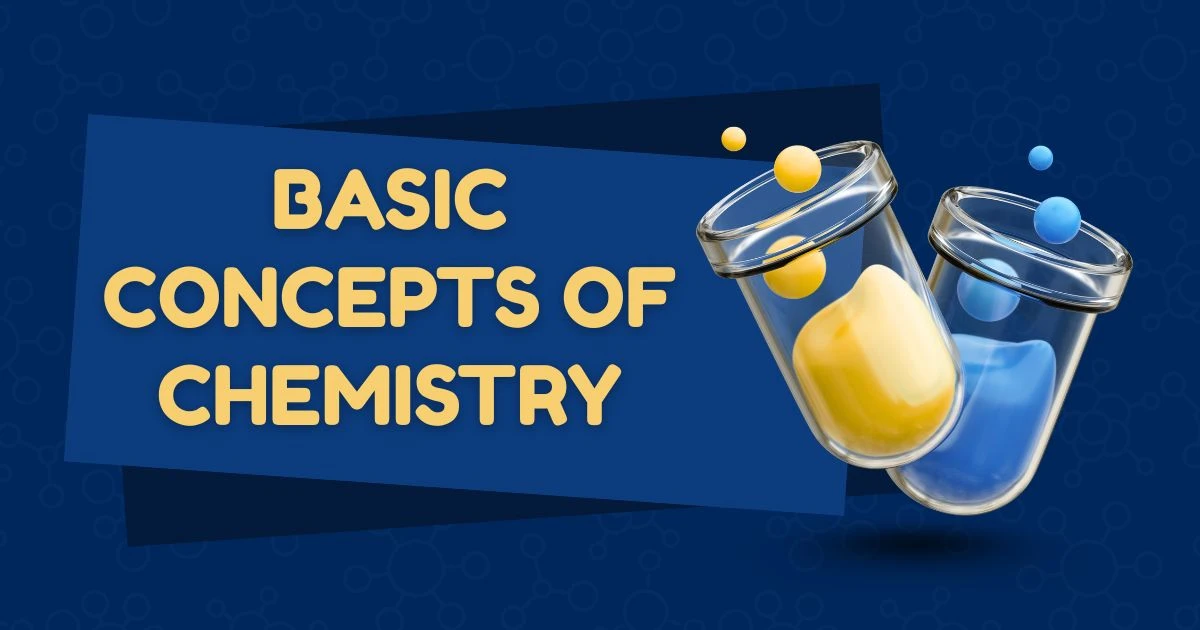chemistry
basic concepts
science education
chemical reactions
molecular structures
periodic table
chemistry fundamentals
Basic Concepts of Chemistry
Ode2Code
August 14, 2025
• 3 min read
Chemistry is the study of matter and its interactions. At its core, it explores the composition, structure, and properties of substances, along with the changes they undergo during chemical reactions. Understanding foundational concepts like atoms, molecules, and the periodic table is essential for grasping how these elements interact in our world.
What is Chemistry?
Chemistry is often referred to as the "central science" because it connects the physical sciences with the life sciences and applied sciences. It provides insights into various fields, such as biology, physics, engineering, and environmental science. The study of chemistry involves several key concepts:
- Atoms: The basic units of matter that make up everything in our universe.
- Molecules: Groups of two or more atoms bonded together.
- Chemical Reactions: Processes that involve the transformation of one set of chemical substances to another.
- Periodic Table: An organized chart that categorizes all known elements based on their properties.
Atoms: The Building Blocks of Matter
Atoms are the fundamental units of matter. Each atom consists of three main particles:
- Protons: Positively charged particles located in the nucleus.
- Neutrons: Neutral particles that also reside in the nucleus.
- Electrons: Negatively charged particles that orbit the nucleus.
The number of protons in an atom determines its element, while the arrangement of electrons influences how that atom will interact with others.
Molecules: Combining Atoms
When two or more atoms bond together, they form a molecule. Molecules can be simple, like oxygen (O2), or complex, like DNA. The way atoms bond to form molecules dictates the properties of the substance created.
Chemical Reactions: Transformations of Matter
Chemical reactions involve the rearrangement of atoms to create new substances. These reactions can be categorized into various types, such as:
- Synthesis Reactions: Two or more substances combine to form a new compound.
- Decomposition Reactions: A single compound breaks down into two or more simpler products.
- Single Replacement Reactions: One element replaces another in a compound.
- Double Replacement Reactions: Elements in two compounds switch places.
The Periodic Table: A Framework for Understanding Elements
The periodic table organizes elements based on their atomic number, electron configuration, and recurring chemical properties. Elements are arranged in rows (periods) and columns (groups), which helps predict their behavior in chemical reactions.
Understanding the periodic table is crucial for studying chemistry. It provides a roadmap for understanding how elements interact, their reactivity, and the types of bonds they can form.
Conclusion
Understanding the basic concepts of chemistry is essential for anyone interested in science, as these principles form the foundation for more advanced studies. From atoms and molecules to chemical reactions and the periodic table, these concepts help us comprehend the natural world and the materials that compose it.